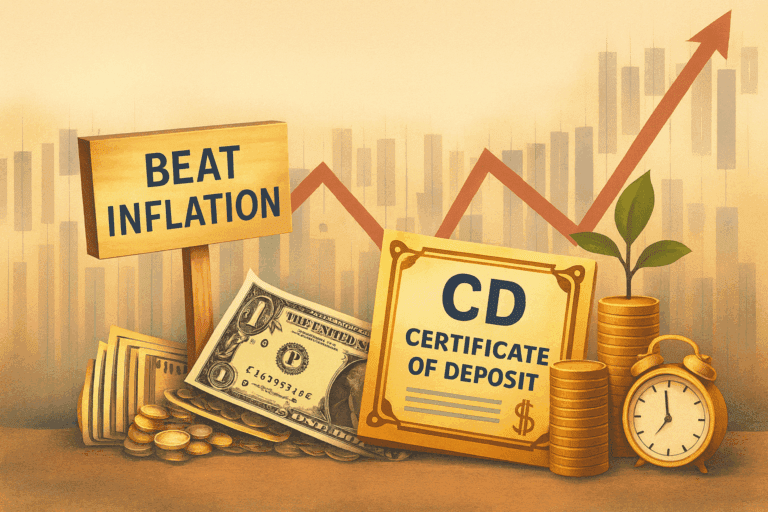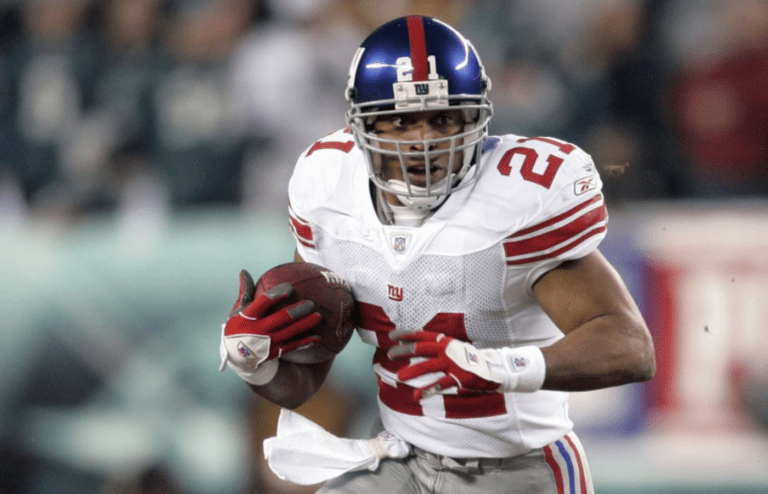Elon Musk, the billionaire owner of companies like Tesla, X, and SpaceX is a controversial figure. He’s got a lot of fans and supporters who claim that he’s a genius who is concerned with nothing less than the future of humanity. He’s also got a lot of detractors who say he’s a hack who knows dangerously little about the issues he often weighs in on.
Who is Elon Musk?
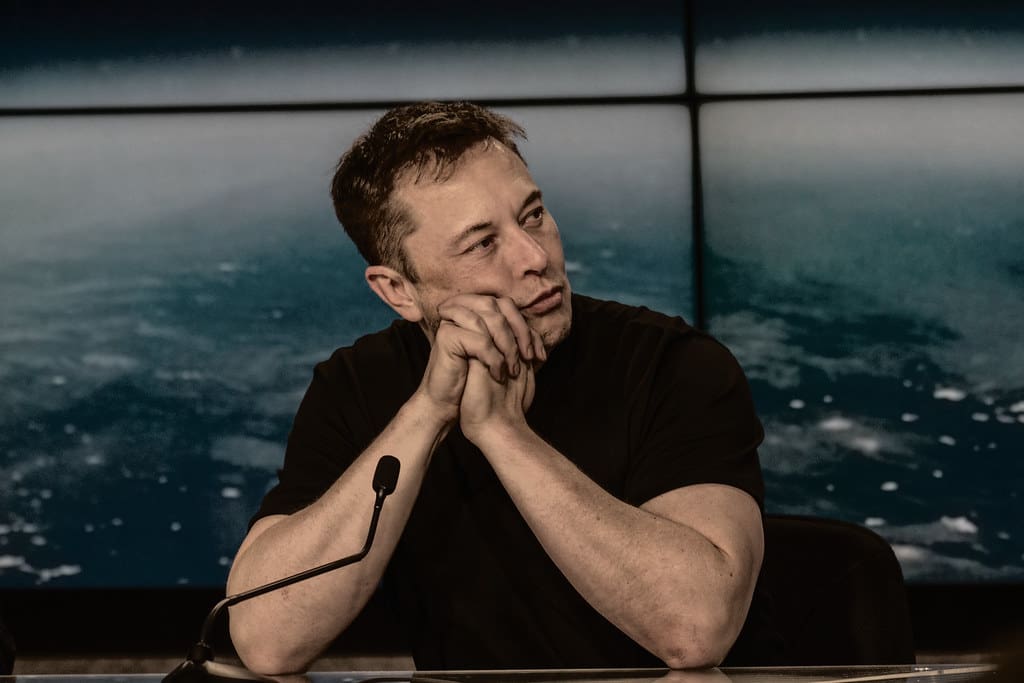
In case you’re not up to speed with current events, Elon Musk is a businessman who came to prominence for his acquisition of electric carmaker Tesla. He also heads up SapceX, a space exploration company. He’s currently worth around $247 billion as of the time of this writing, making him one of the wealthiest people in the world.
Humble Beginnings?
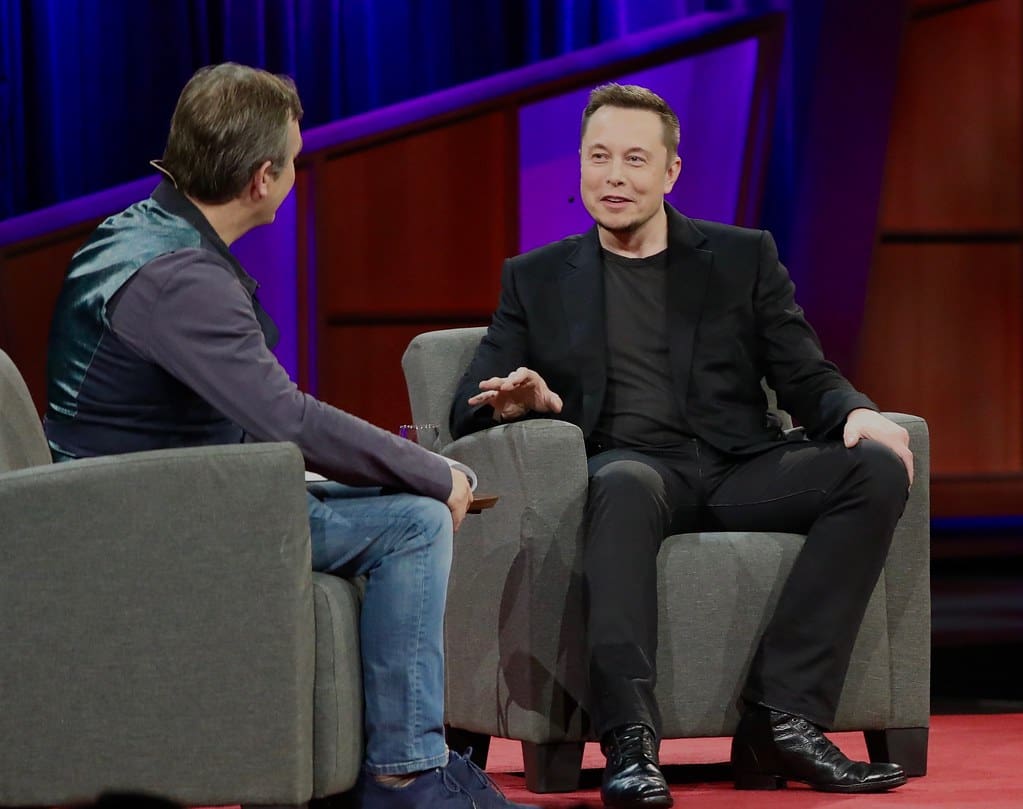
Musk was born in Pretoria, South Africa, in 1971. His mother, Maye Musk, was born in Canada and raised in South Africa. His father, Errol Musk, is a wealthy emerald dealer who also worked as an electromechanical engineer and pilot. Musk has two younger siblings and four paternal half-siblings.
Fan of Games
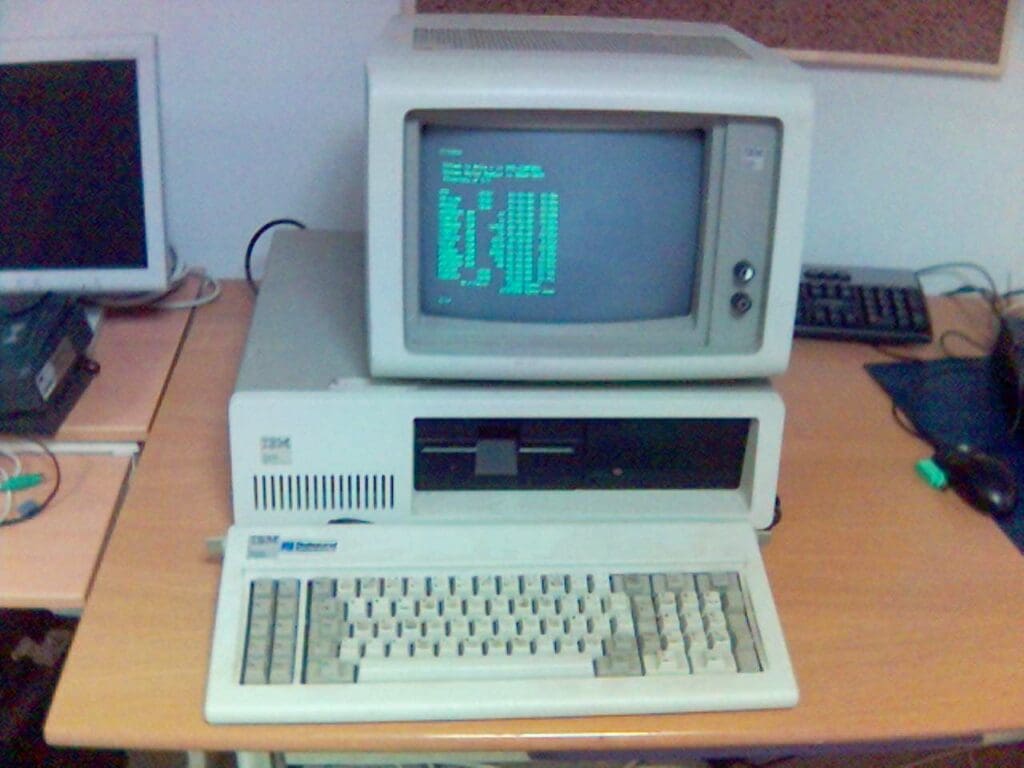
Musk is an avowed fan of video games, having taught himself to program from the VIC-20 user manual. He created a video game called Blastar in the early 80s and sold it to PC and Office Technology magazine. Ironically, the game sold for $500—a small sum by Musk’s later standards.
Zip2
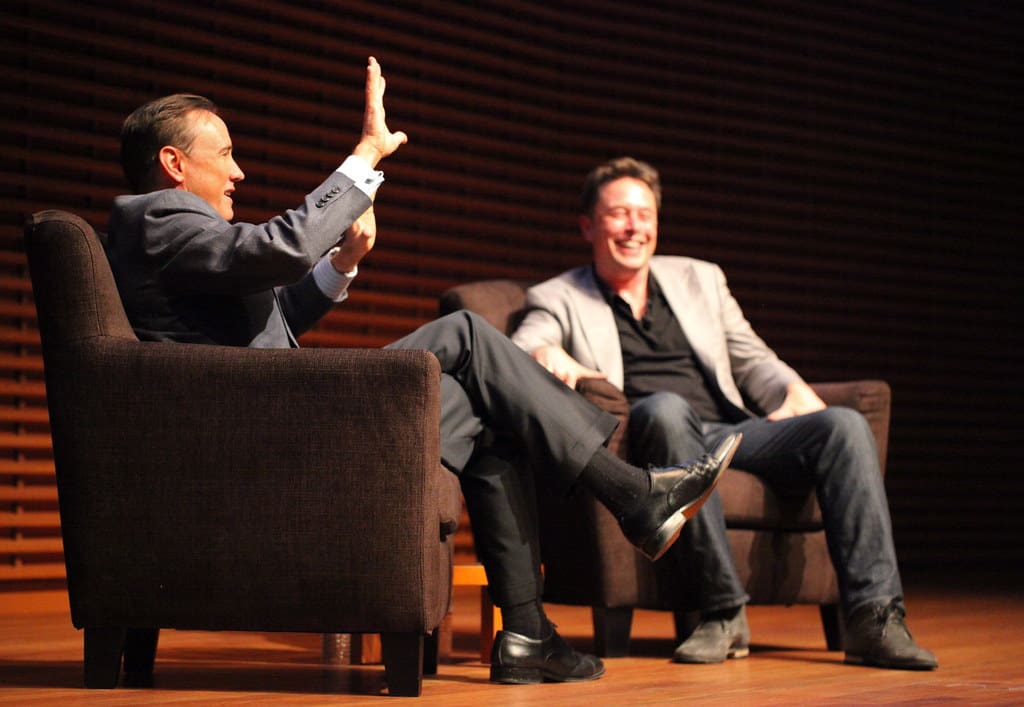
In the mid-90s, Musk decided to try his luck in the Internet boom that was gripping the tech world. He and his brother Kimbal along with friend Greg Kouri founded a company in 1995 that would eventually be known as Zip2, Musk’s first major business venture. It was essentially an internet-based city guidebook. Compaq bought the company in 1999, and Musk received some $22 million for his 7% stake in Zip2.
There You Have it
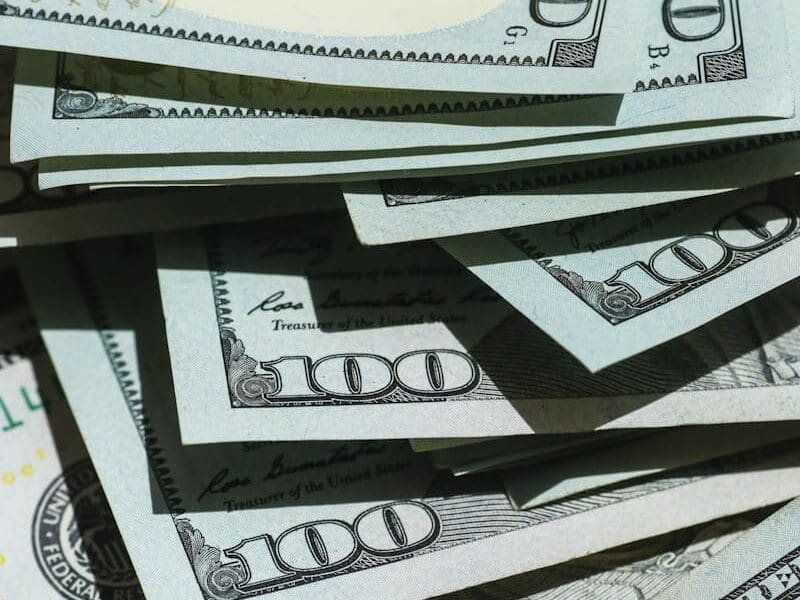
So, that’s it, right? Getting $22 million at the height of the Dot Com Bubble is about as classic as it gets for today’s richest people. Of course, Musk didn’t stop at that, and quickly turned around to reinvest the money into further internet-based ventures.
X.Com
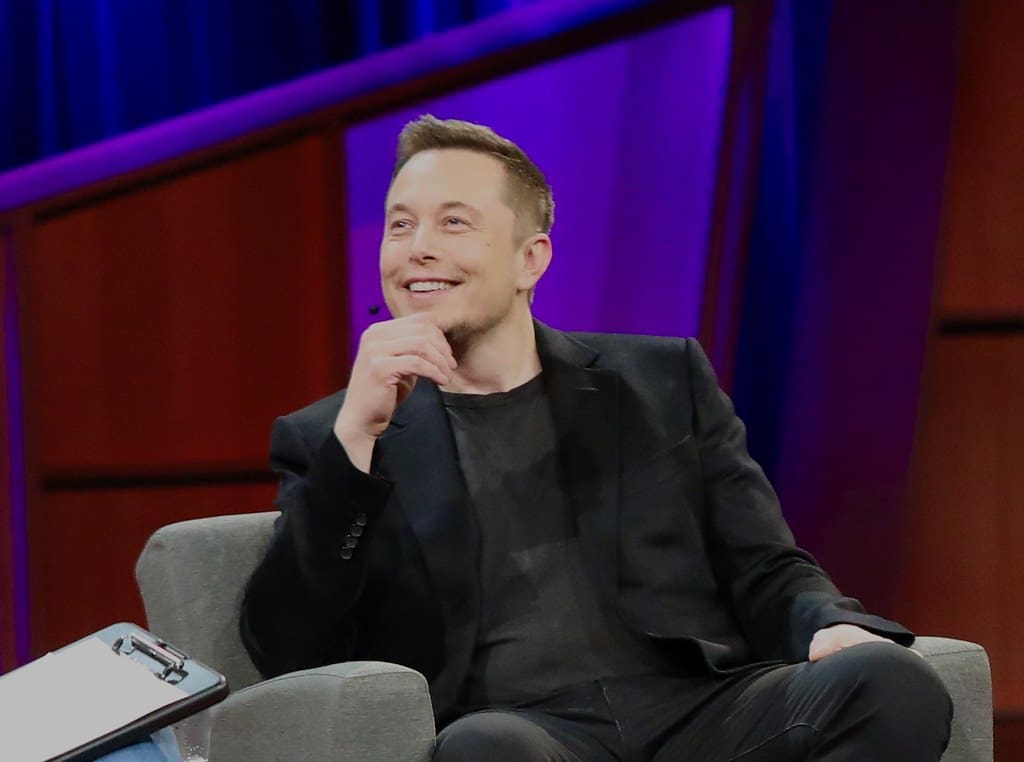
Musk’s recent renaming of Twitter to X isn’t a new thing for him. Back in 1999, he cofounded a finance and email payment company called X.com, using some of his money from the Zip2 purchase. Notably, it was one of the earliest federally insured online banks and quickly picked up new users.
PayPal
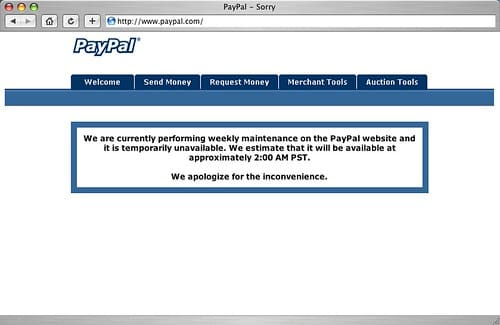
After X.com became successful, its investors replaced Musk, whom they regarded as untested, with Intuit’s CEO, Bill Harris. A year later, X.com merged with Confinity to acquire access to their popular money transfer service, PayPal. You might have heard of that one. Musk came back as CEO, but a complicated series of issues with the board saw him ousted by co-founder Peter Thiel in September of 2000.
eBay Acquisition
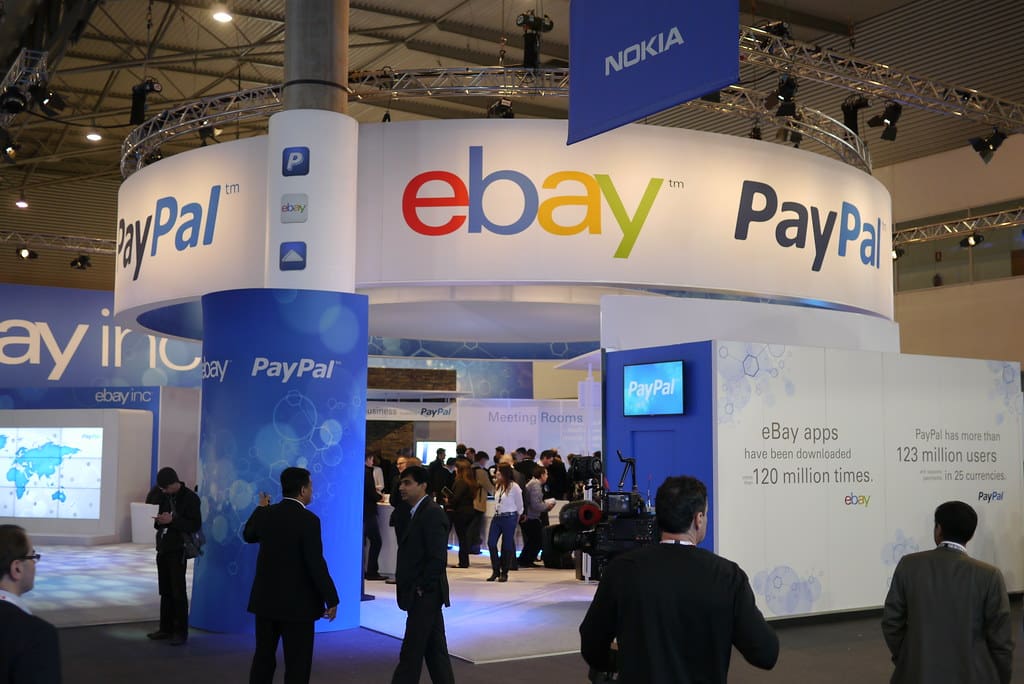
Still, Musk had significant stock in Confinity, which renamed to PayPal in 2001. The following year, online auction site eBay bought the renamed web service for a then-astonishing $1.5 billion. Musk, who held nearly 12% of the company’s shares, got an eye-watering $176 million as a result. Over 15 years later, Musk bought the “X.com” domain back from PayPal.
SpaceX
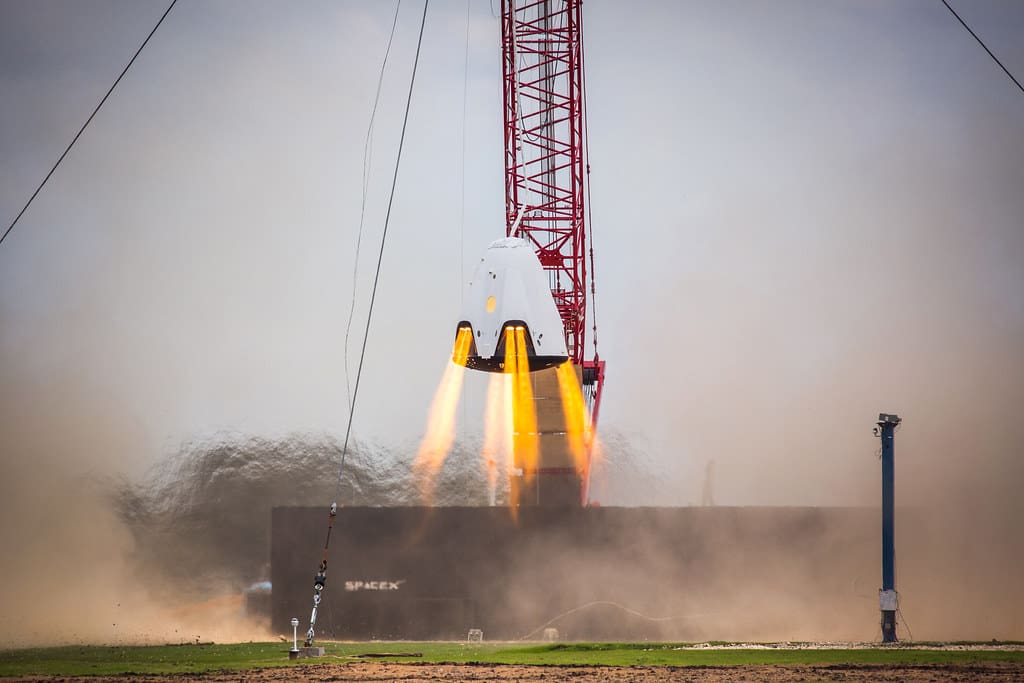
Musk founded SpaceX in 2002, using much of the money from his recent string of acquisitions to stake $100 million. The company tried to launch its Falcon 1 rocket in 2006, but it didn’t manage to reach orbit. NASA still awarded them a contract, and a string of failed launches finally paid off in 2008 with the first successful Falcon 1 orbit. Grants from NASA came pouring in.
Tesla
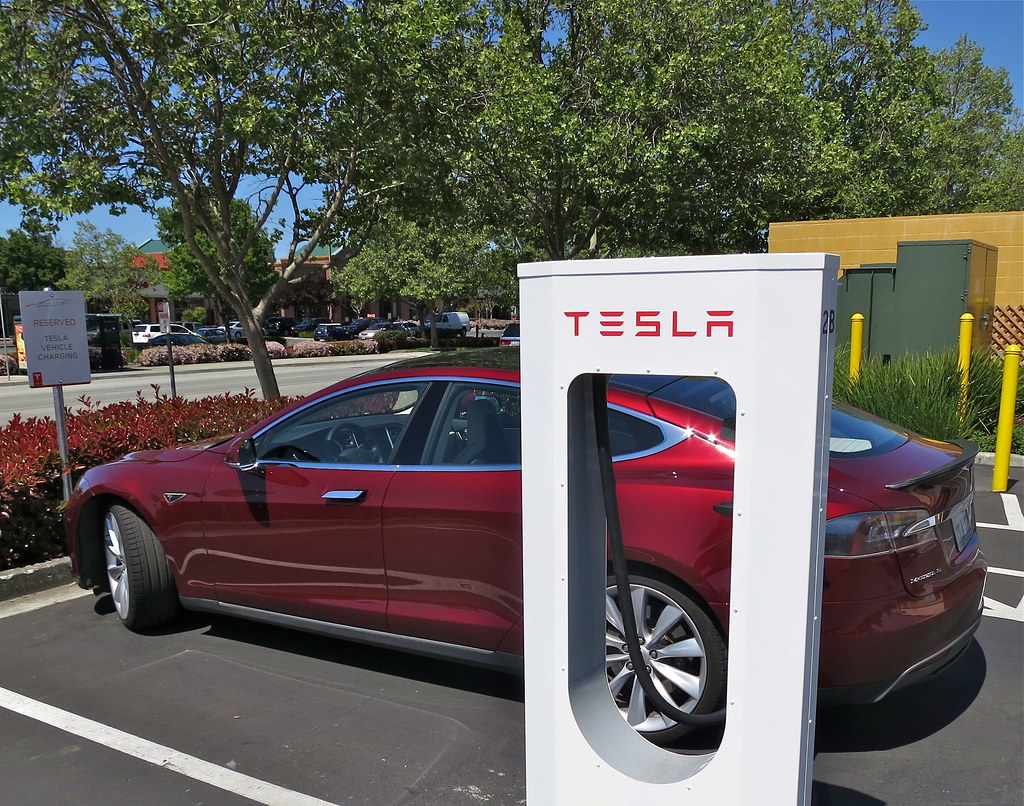
Meanwhile, Musk also became a majority shareholder in a company called Tesla Motor in 2004. The company was founded by Martin Ebergard and Marc Tarpenning in July 2003, but Musk quickly took a role as product designer. A complicated series of corporate and legal proceedings resulted in Musk being officially labeled a co-founder of the company. He became CEO in 2008 amid the financial crisis.
Starlink
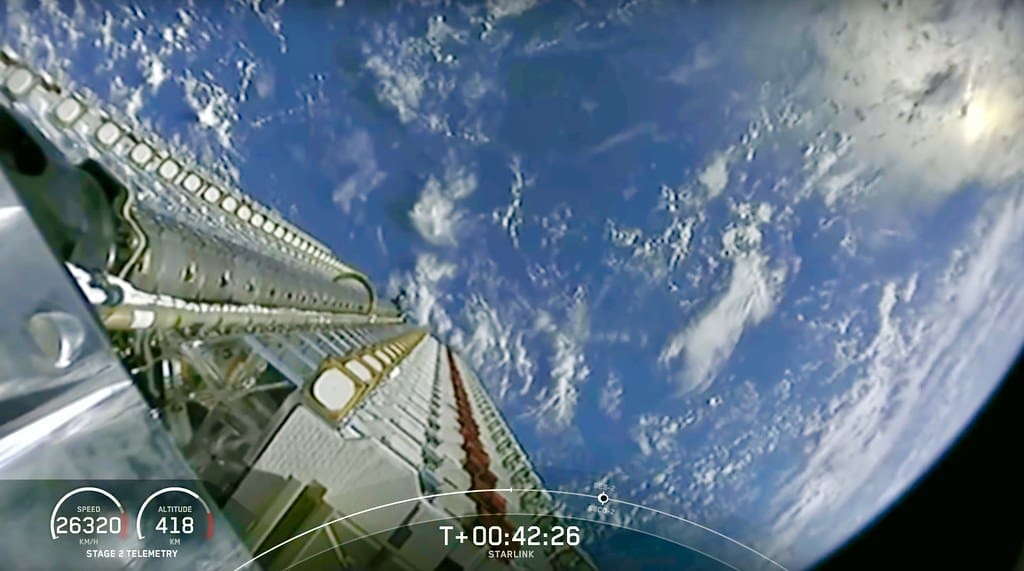
SpaceX started an initiative called Starlink in 2015, sending up a fleet of low-Earth-orbit satellites to provide internet access to remote areas. The satellites have become oddly notable in the ongoing conflict between Russia and Ukraine, with Musk openly calling himself a “free speech absolutist” and refusing to deactivate Russia’s access to the internet through Starlink. Still, the company donated around 20,000 satellites to Ukraine to give them continued access to the internet during the conflict.
Neuralink
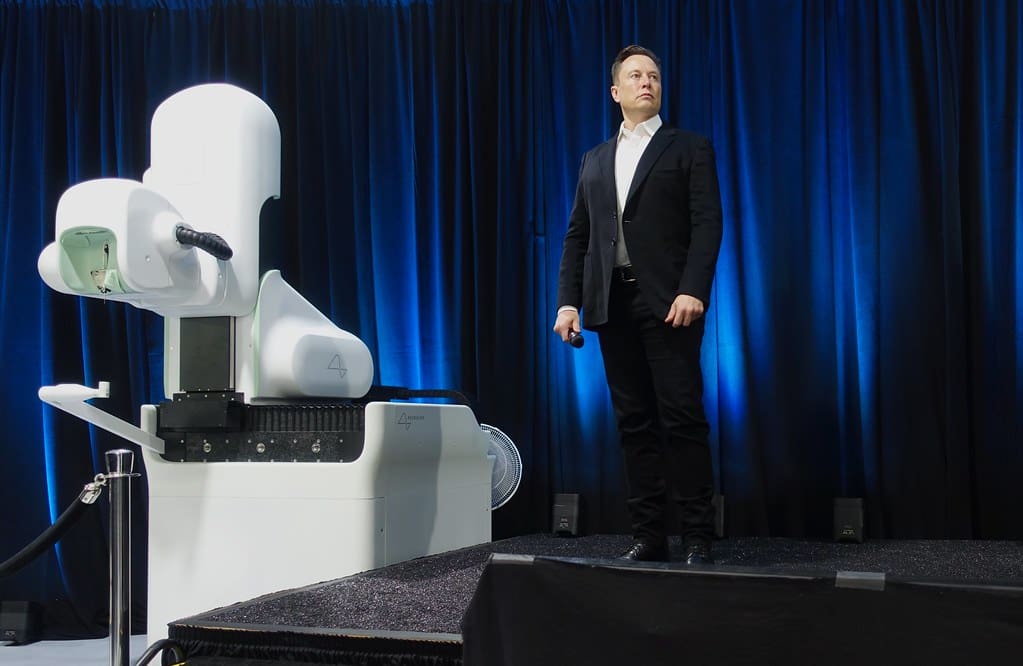
Musk co-founded Neuralink in 2016 using $100 million in startup capital. The idea behind the company is that it will bridge the divide between human consciousness and artificial intelligence. Whether such a thing is even possible is a still a philosophical debate as much as a scientific one, but Musk’s excitement on the project saw the Food and Drug administration approve the company for human trials in September 2023.
The Boring Company
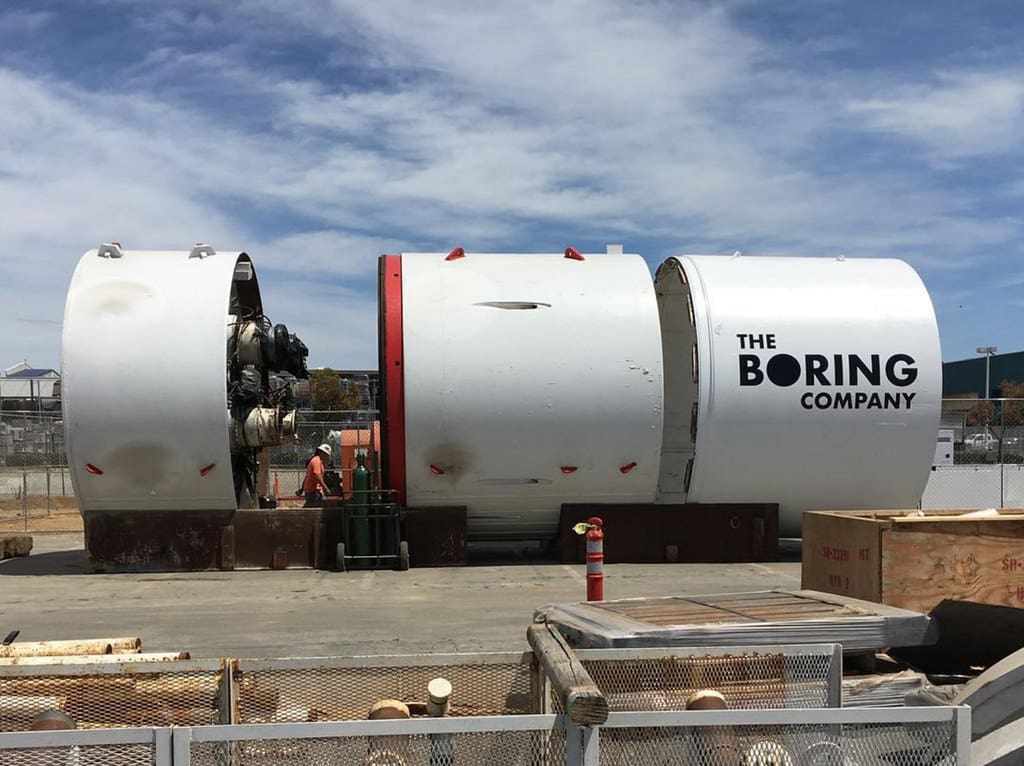
Musk founded The Boring Company in 2017 with the goal of constructing subterranean tunnels for high-occupancy vehicles. The idea behind this company is to bypass congested traffic in larger cities. Only two tunnels have been built so far, one in Los Angeles and another under the Las Vegas Convention Center.
Read More: Kamala Harris’s Controversial Opinion on Unrealized Capital Gains
X (Twitter)
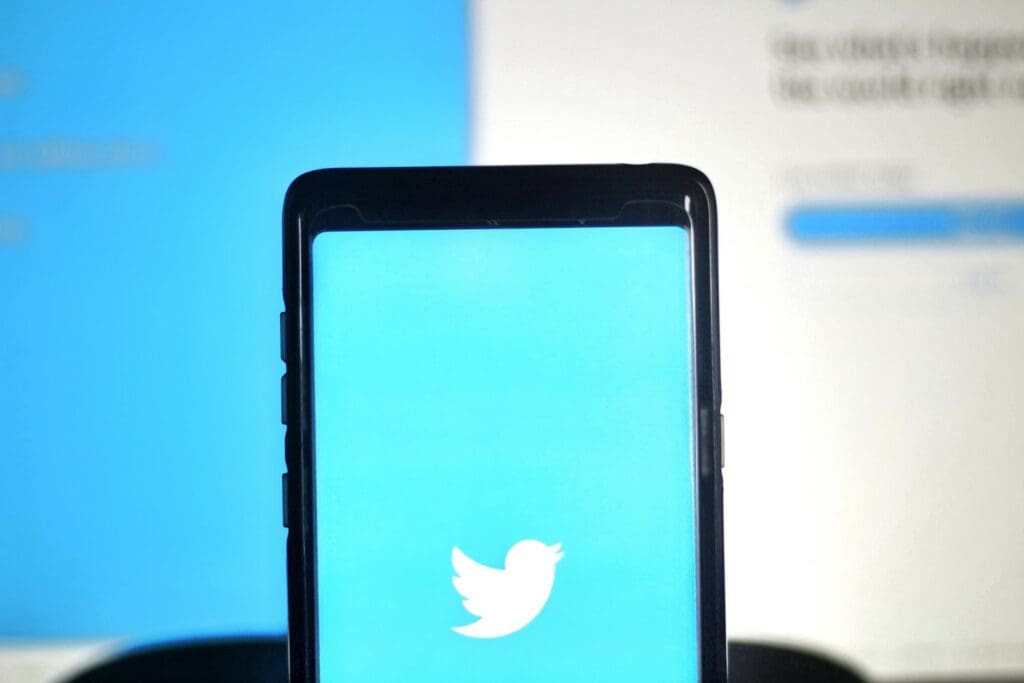
In April 2022, Musk purchased Twitter for $44 billion. He has been controversial in the role, with many outlets noting that the new version of Twitter has verified many extremist accounts. Musk continues to characterize himself as a “free speech absolutist” and has alleged that Twitter’s previous owners censored opinions they disagreed with. Musk’s detractors have leveled the same claims at him.
Read More: Companies You Don’t Expect to be So High on the Fortune 500
The Right Stuff, or the Right Place at the Right Time?
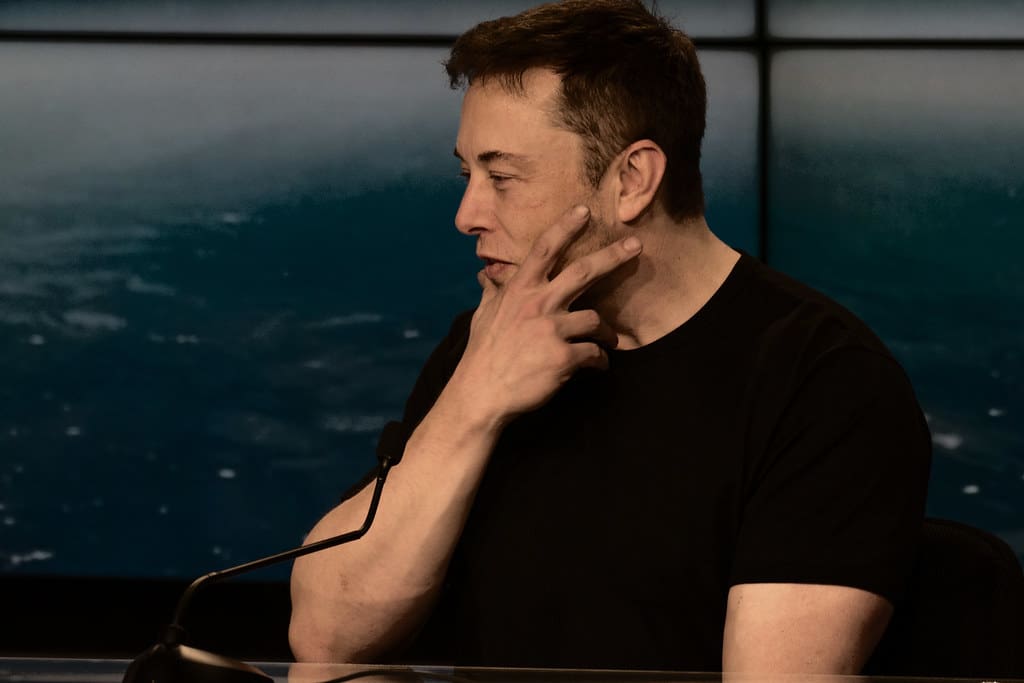
The facts are black and white, but people take very different messages away from the way things went. Was it Musk’s work ethic and tech savvy that made him rich? Or did he get lucky by being in the right place at the right time with the PayPal acquisition? Your answers to that question likely say as much about your views on wealth acquisition in general as they do about Musk.
Read More: What the Twitter Revenue Collapse Means for Musk



